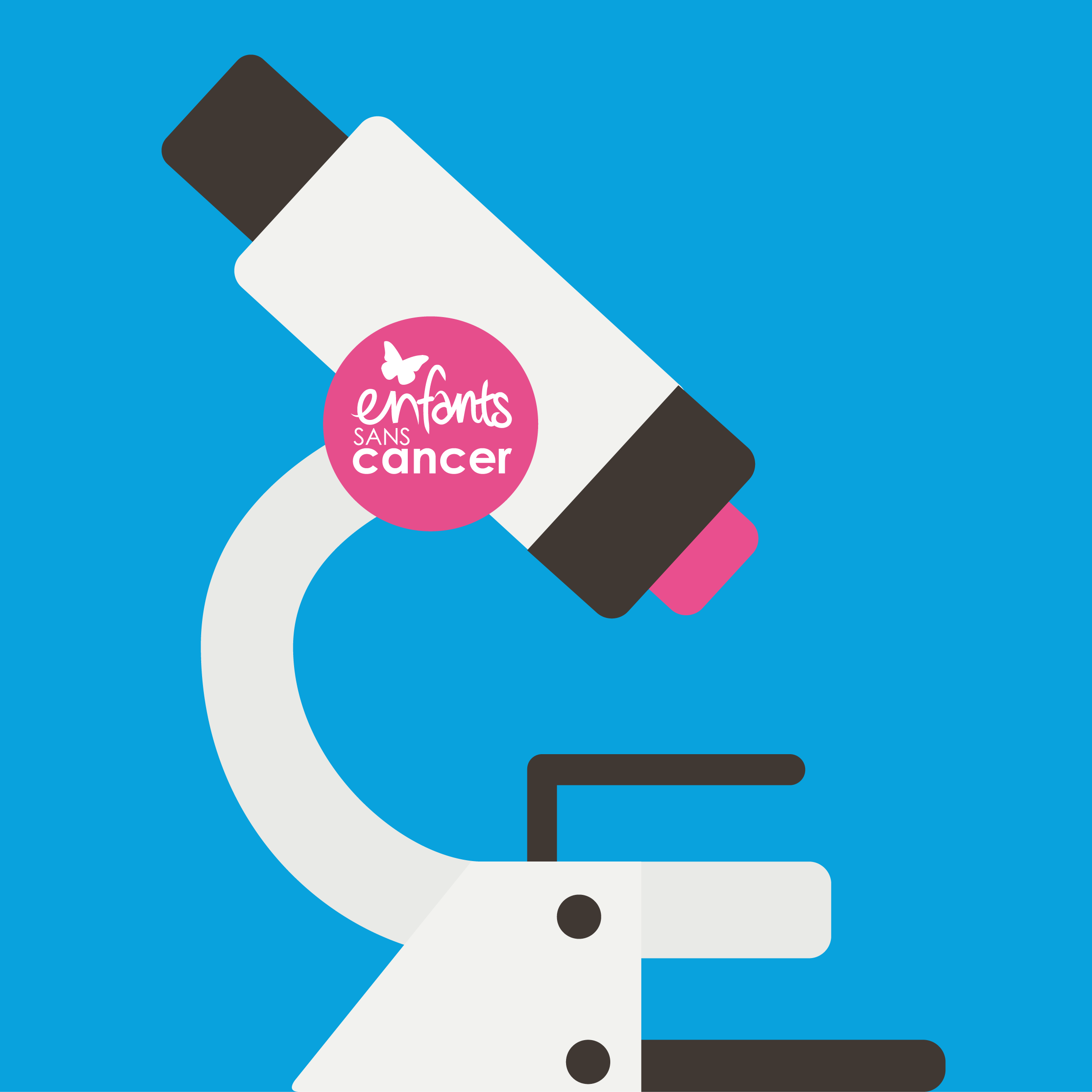 EVALUATION OF NIVOLUMAB FOR ANAPLASIC LARGE CELL LYMPHOMAS
EVALUATION OF NIVOLUMAB FOR ANAPLASIC LARGE CELL LYMPHOMAS
This trial was co-funded by the Children without Cancer 2018 race.
Phase II trial of NIVOlumab for pediatric and adult relapsing/refractory ALK + ALCL, for evaluation of response in patients with progressive disease or as consolidative immunotherapy in patients in complete remission after relapse.
Non-Hodgkin’s Lymphomas in Children
Non-Hodgkin’s lymphoma (NHL) in children is a cancer that originates in lymphocytes and is distinguished into several categories. Anaplastic large cell lymphoma (ALCL) is more common in young children and typically arises from T lymphocytes. The two main forms are systemic ALCL (spread throughout the body) and primary cutaneous ALCL (only in the skin). Systemic ALCL can occur in lymph nodes in the neck or other parts of the body. It can also originate outside lymph nodes, including in the skin, lungs, bones, digestive system, or other organs. When it forms outside lymph nodes, it is referred to as extranodal.
At the time of diagnosis, systemic ALCL often has already spread to other parts of the body and results in multiple symptoms. The primary treatment for newly diagnosed pediatric ALCL is chemotherapy, with a 5-year event-free survival rate of approximately 70%. 25% of children relapse after first-line treatments and may undergo sometimes highly toxic treatments, especially in the case of allogeneic stem cell transplantation, which are not always effective.
Learn more about lymphomas: [link]
About the Project
NIVO-ALCL is a phase 2 immunotherapy trial evaluating the efficacy of Nivolumab in children and adult patients with ALK-positive ALCL, in relapse or refractory:
- ALK (Anaplastic Lymphoma Kinase) is a genetic alteration that results in overproduction of a protein called ALK1 and causes the cell to lose its ability to control its proliferation.
- Nivolumab is an antibody that neutralizes the PD-1 receptor present on the patient’s T lymphocytes’ surface. When the T lymphocyte recognizes a tumor cell for destruction, its PD-1 receptor can be recognized by PD-L1 or 2, proteins present on tumor cells’ surface. This interaction reduces T cell’s ability to destroy tumor cells. Thus, blocking this receptor by Nivolumab enhances the patient’s T lymphocytes’ ability to destroy the tumor.
The goal of this program is to evaluate the efficacy of Nivolumab for patients with relapsed ALCL to avoid them undergoing allogeneic bone marrow transplantation. This trial involved two cohorts:
- Cohort 1: ALCL progresses despite treatment given at relapse. Patients then received Nivolumab every 2 weeks until complete response (disappearance of tumors), then every 4 weeks. The treatment will be repeated over a period of 24 months in the absence of progression or intolerance to treatment (theoretical recruitment: 12 patients).
- Cohort 2: The disease is controlled after at least 2 months of treatment. Patients then received Nivolumab every 2 weeks for 7 weeks, then every 4 weeks. The treatment will be repeated over a period of 24 months in the absence of progression or intolerance to treatment (theoretical recruitment: 24 patients).
For both cohorts, patients received a treatment including chemotherapy combined with an ALK1 inhibitor with or without Brentuximab Vedotin. This medication is an antibody linked to a drug, monomethyl auristatin E (MME). By binding to its target (CD30 receptor expressed on ALCL cells’ surface), the antibody is internalized into cancer cells and releases MME, which disrupts their cytoskeleton. This structure is essential to maintain the integrity of each cell, and its disruption causes cell proliferation arrest and their death by apoptosis.
Patients were reviewed by doctors 8, 16, and 24 weeks after entering the study for radiological evaluation, then every 12 to 16 weeks until the end of the study’s planned treatment. Finally, anti-ALK antibody levels were measured at 8, 24, and 52 weeks, which is a sign showing the effectiveness of Nivolumab in stimulating the patient’s immune system against the tumor. Patients will be followed for 3 years after the end of the study treatment.
Follow-up of the NIVO-ALCL Trial:
- The trial was amended as cases of early disease progression were observed in cohort 2. To ensure patients’ safety and health, it was decided that an independent expert committee would monitor the trial at regular intervals in cohort 2 (after 4, then 8 and 16 patients).
- 11 patients were recruited in cohort 1 and 12 in cohort 2.
- Antitumor activity was observed in patients (several are in complete remission), preventing them from undergoing highly toxic allogeneic stem cell transplantation.
Promoter: Gustave Roussy
Principal investigator: Dr Laurence Brugières
Duration of the program: September 2018 – Décembre 2027
Number of patients: 23
Countries concerned: France, Danemark & Netherlands
Imagine for Margo funding: € 616,549
In partnership with ITCC *
* ITCC – Innovative Therapies for Children with Cancer – European consortium of 54 pediatric oncology and hematology departments and 22 research laboratories in Europe and Israel.
Professor Gilles Vassal, Director of ITCC and Doctor Pamela Kearns, Cancer Research UK at Birmingham University tel us about the program (from 1″13 to the end):

